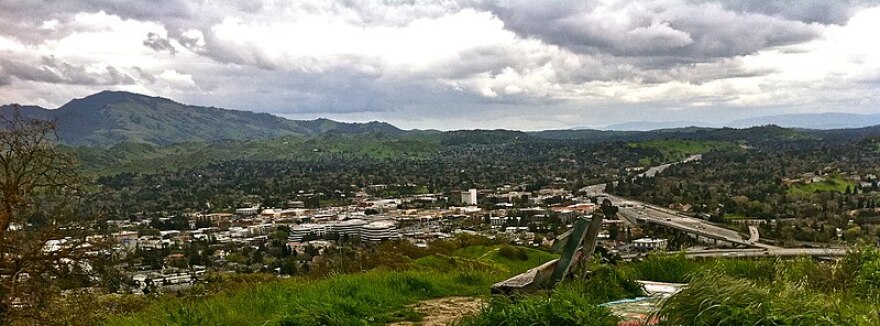The City of Walnut Creek is advancing a proposal to create a buffer around a local reproductive health facility. In a story produced by KALW’s Ryan Howzell, Sunni Khalid has the story.
Walnut Creek City Council approved the advancement of an official ‘buffer zone’ ordinance by a unanimous vote Tuesday night. The ordinance – if approved – would establish a neutral zone around Planned Parenthood’s Oakland Boulevard location.
City officials and Planned Parenthood representatives say setting up the buffer zone is a matter of public safety. In the past two years, Walnut Creek police received 42 reports of physical violence, harassment, and intimidation toward patients or employees, and blocking of areas at and near the facility. Mayor Matt Francois called this “unacceptable."
Buffer areas have risen to national relevance during the pandemic. Last October, Governor Gavin Newsom banned interference at vaccination sites across the state.
Opponents say such bans violate individuals’ right to protest. But California law also protects a person's right to seek medical attention without obstruction. Other Bay Area cities, including San Francisco, Oakland, and Napa, have approved similar buffer zones around reproductive health providers.
With Tuesday’s vote, Walnut Creek city staff will begin to prepare the ordinance for a final vote by the council.



